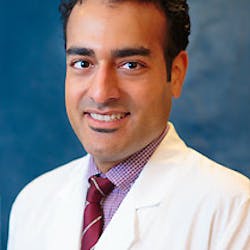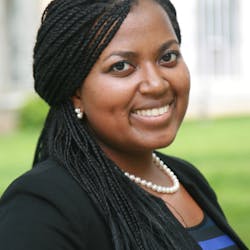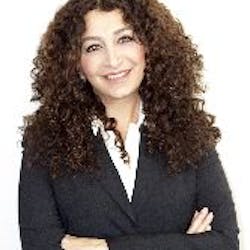Building Community with Refugee Populations in Atlanta
- Details
- Resources
This panel presentation situates local community building efforts with refugee populations in Clarkston, Atlanta, within the larger discourse of refugee movement, inclusion and integration. Panelists will draw insights from their engagement with refugee children, youth, and adults through various grassroots activities and professional practice, shedding light on some of the ways in which mutual learning has led to a greater understanding of what it means to be in community for all participants.
Soroosh Behshad
Soroosh Behshad, MD, MPH is an Ophthalmologist and Professor at Emory University. He has worked with hospitals and ministries of health to develop national eye care plans in developing countries. His research includes improving access to healthcare and developing projects to address health disparities for under-served populations, both locally and abroad.

Jasmine Miller-Kleinhenz
Jasmine Miller-Kleinhenz is an Assistant Professor at the University of Mississippi Medical Center. She holds a PhD in Cancer Biology and received her postdoctoral training in the field of molecular epidemiology. Her research is at the intersection of molecular biology, epigenetics, and epidemiology and investigates the impact of structural racism and social inequities on the tumor biology as potential drivers of disparities in breast cancer outcomes.

Shadi Salehian
Shadi served at Research Department Bahá’í World Center Israel for many years. She holds a Master of Public Health from Johns Hopkins University. Her main research and work focus on displaced populations and refugees with access to health as vital component of social integration. She also collaborates with the Global Institute for Health and Human Rights in working with displaced populations in Syria.

Lauretta George
No biography available.
42nd Annual Conference
The views expressed in this recording are those of the presenters and do not necessarily represent the views of the Association for Bahá’í Studies, nor the authoritative explications of Bahá’í writings.